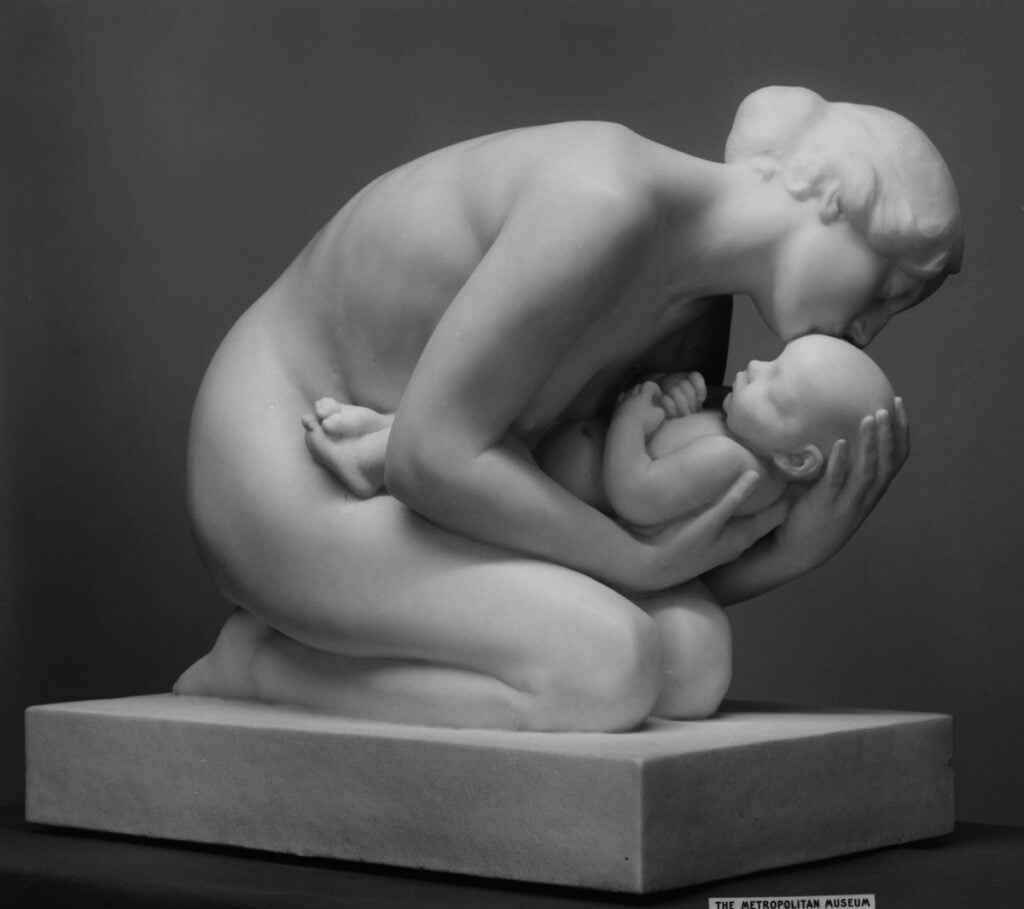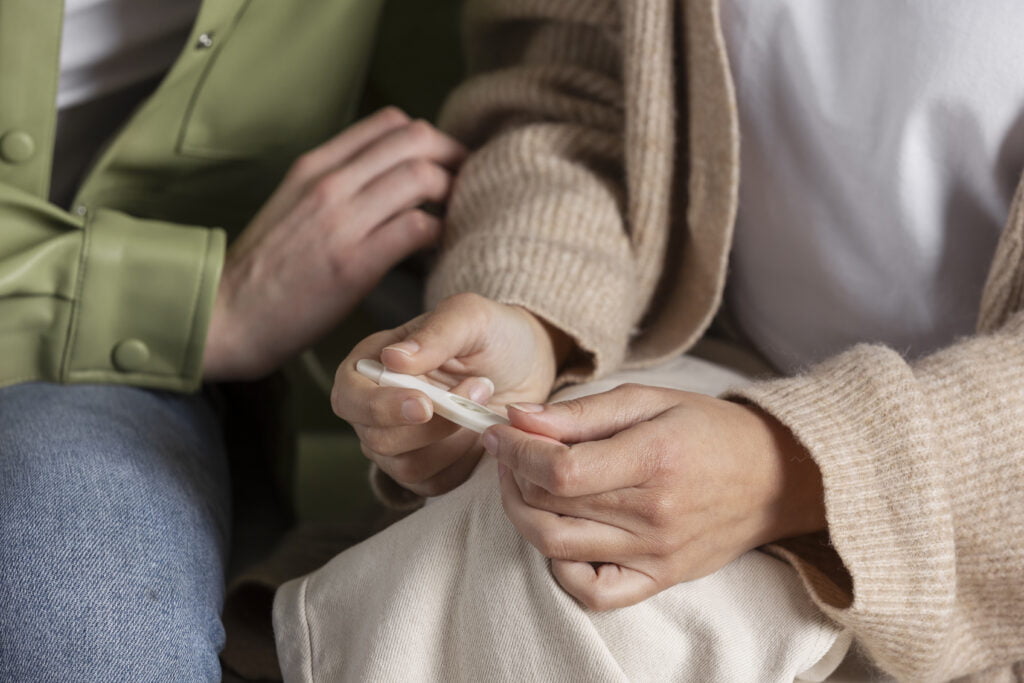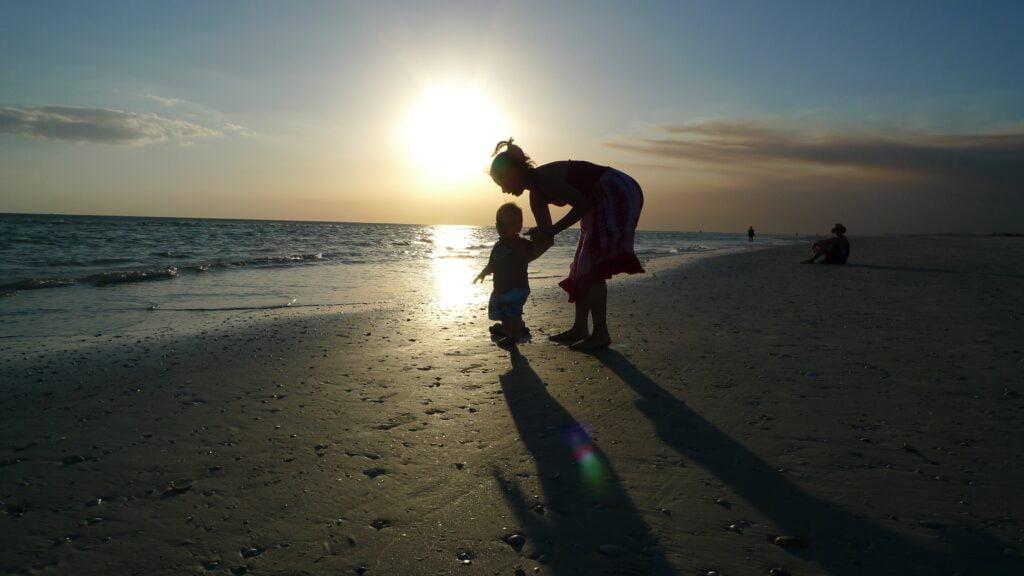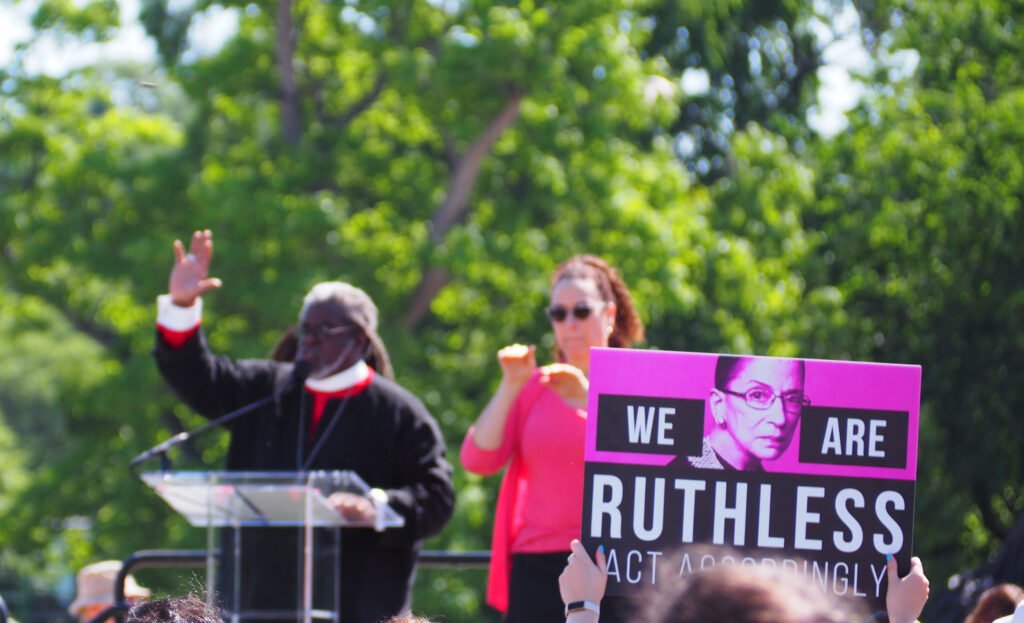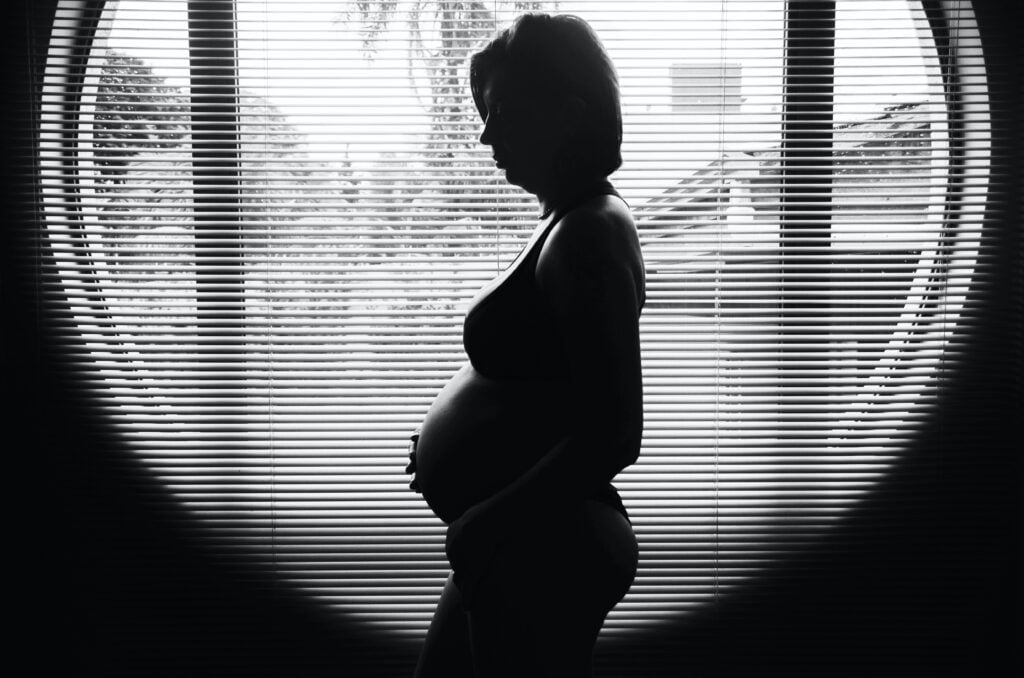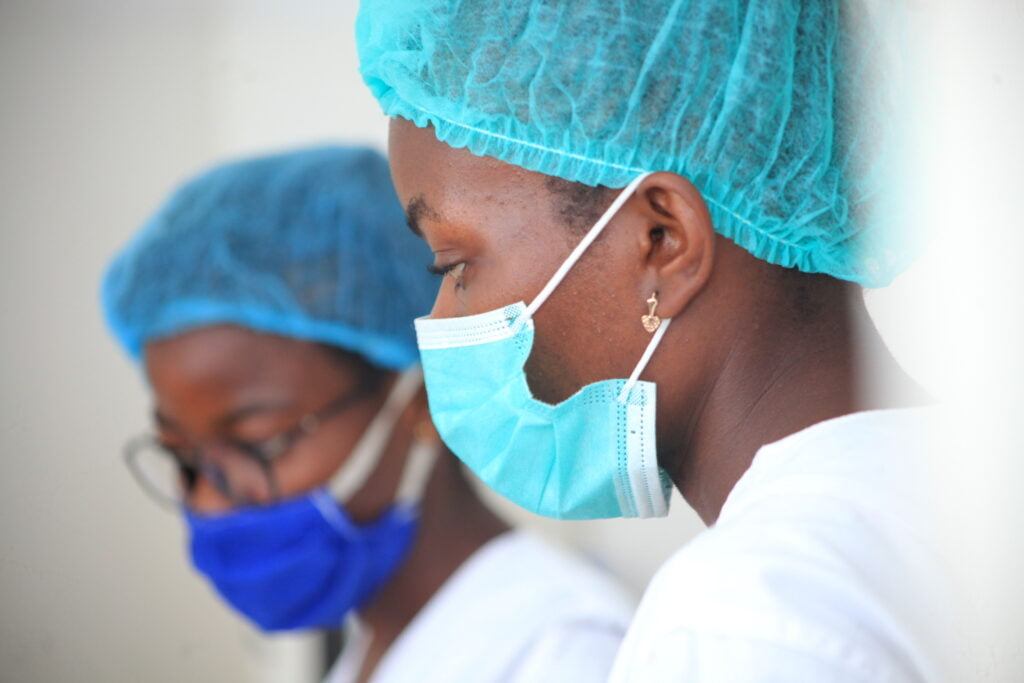We use cookies to improve your experience with Monash. For an optimal experience, we recommend you enable all cookies; alternatively, you can customise which cookies you’re happy for us to use. You may withdraw your consent at any time. To learn more, view our Website Terms and Conditions and Data Protection and Privacy Procedure.
Pregnancy and choice
Published on July 11, 2022Global perspectives on overcoming barriers to reproductive health.
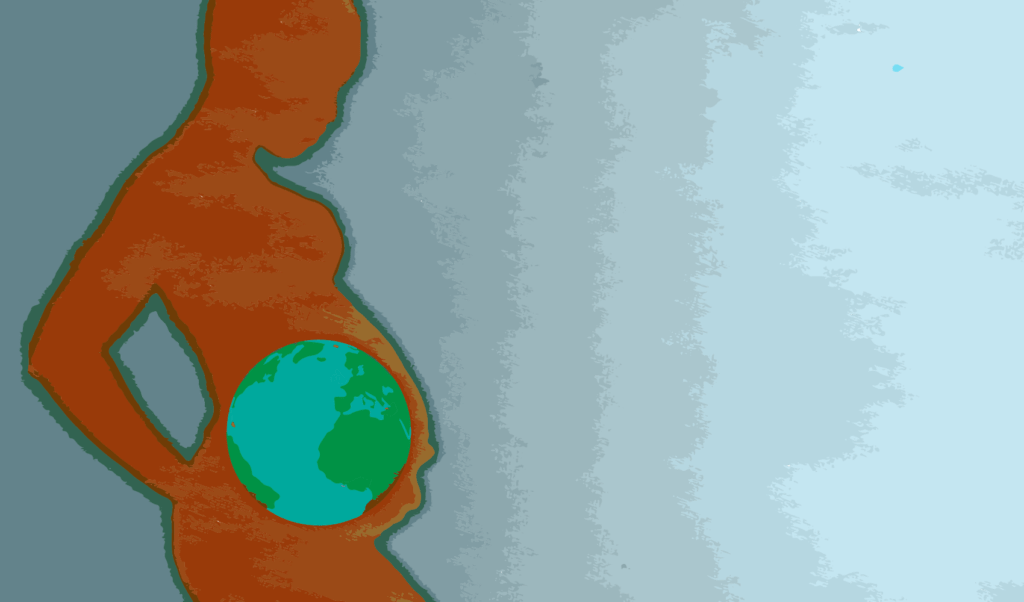 Good sexual reproductive services are central to women’s overall health. : Michael Joiner, 360info CC BY 4.0
Good sexual reproductive services are central to women’s overall health. : Michael Joiner, 360info CC BY 4.0
Global perspectives on overcoming barriers to reproductive health.
A repeal of the landmark 1973 United States Supreme Court Ruling of Roe v. Wade made international headlines and sent a clear message — women’s reproductive health remains heavily politicised and often out of their own hands.
It puts the US at odds with many parts of the world who view abortion as a human right.

“When anti-choice politicians chip away at American women’s rights, the global anti-choice movement takes notice,” MSI Asia Pacific, a reproductive health charity, recently said.
But it’s not just about abortions. Good sexual reproductive services and knowledge is central to women’s overall health, and those who have female reproductive systems.
The protection of the law for all women to make choices about their bodies — including access to birth control, sex education and family planning — varies greatly around the world. It’s heavily influenced by a myriad of national and culturally specific factors including economics, traditional, religious and power imbalances which impact women’s individual agencies.
Many of these issues disporportunately impact women in developing economies, one third of which are giving birth in their teens, according to a recent United Nations report.
“The repeat pregnancies we see among adolescent mothers are a glaring signpost that they desperately need sexual and reproductive health information and services,” said Dr Natalia Kanem, UN Population Fund Executive Director.
REALITY CHECK
Preventing access to legal abortion does not eliminate the practice.
Around 45 percent of all abortions are unsafe, of which 97 percent take place in developing countries, according to the World Health Organization (WHO).
Health risks associated with unsafe abortion include haemorrhage, infections, and perforated uterus, all of which can be deadly.
Latest WHO figures in 2017 find around 810 women die per day from preventable causes related to pregnancy and childbirth — the majority are adolescent girls from developing economies. Societal factors such as gender and income inequalities are contributing factors to this.
Making situations worse is the distruption to services due to the COVID-19 pandemic, climate disasters and conlict. Leaving tens of million girls vulnerable to child marriage and early pregnancy.
BIG IDEAS
This quote is attributable to Karine Coen-Sanchez, University of Ottawa.
“Reproductive justice is not just a woman’s issue — it refers to understanding how people experience their reproductive capacity by taking into account everyday factors such as class, race, gender, sexuality, health and access to healthcare services.”
This quote is attributable to Tanmay Bagade, University of Newcastle.
“A key part of gender equality is allowing a woman to have the same ability to choose whether or not to have a child as a man.”
This quote is attributable to Jeanne Snelling, University of Otago.
“Decriminalising [abortions] and removing barriers to accessing services is a step toward destigmatising abortion and placing the pregnant person at the centre of the law.”
Editors Note: In the story “Pregnancy and choice” sent at: 12/07/2022 11:12.
This is a corrected repeat.


